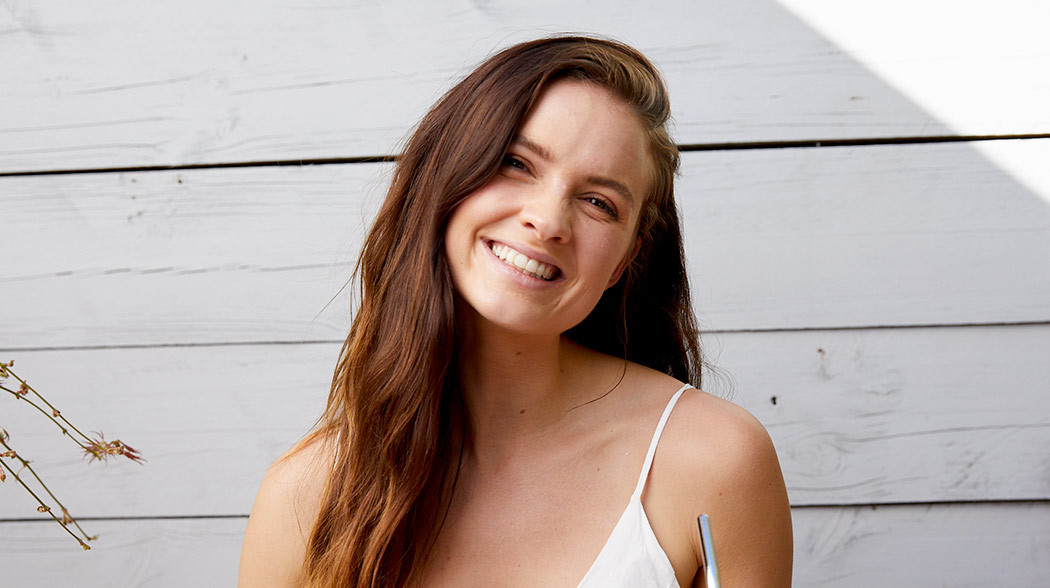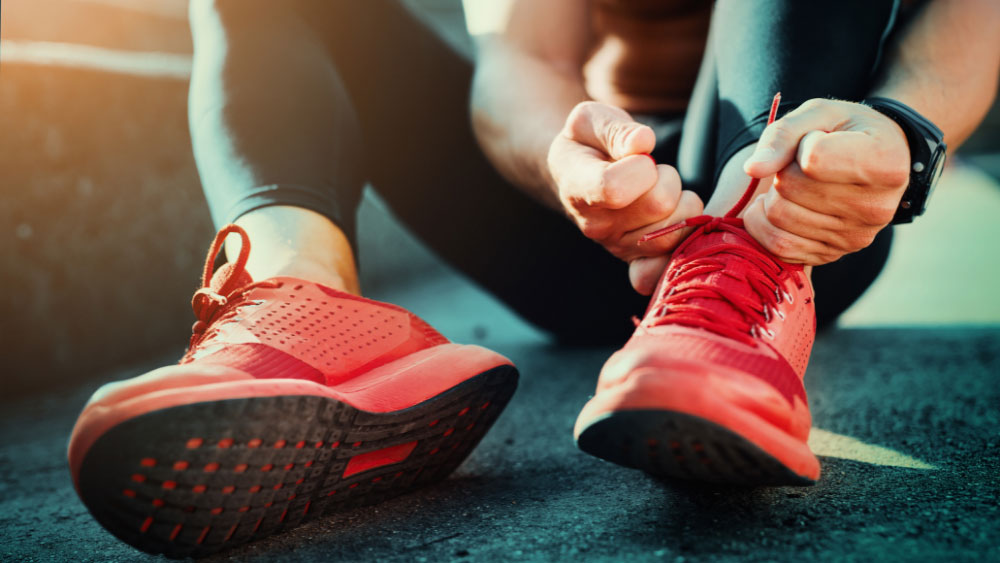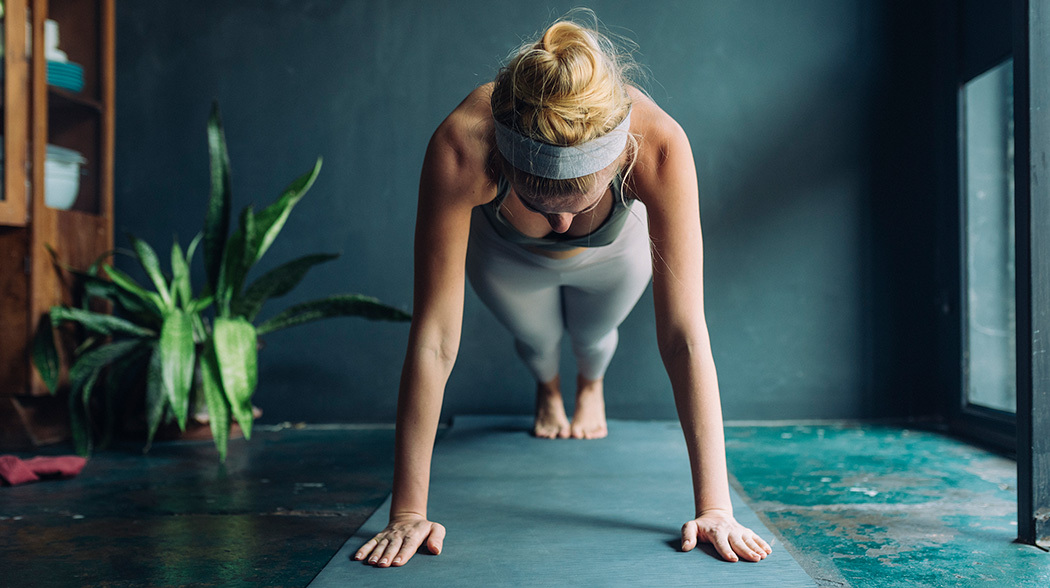Often, the biggest hurdle to getting fit is knowing how to get there. What type of exercise should you be doing, and what range of movement will get you where you want to be? There are so many options out there it can be overwhelming.
Should you choose running, cycling or attending classes? Or would your time be better spent following YouTube videos at home, or going to the gym?
As with most things in life, the answer simply comes down to how well you know yourself. Choosing the right type of exercise for you means choosing a sport or physical activity that fits with your personality and your personal lifestyle.
Whether you’re a solitary exerciser or a social fitness butterfly, we’ve got the right regime for you.
PERSONALITY TYPE: THE LONE WOLF
Characteristics: Able to push themselves easily
Types of exercises to try: online videos/tutorials, swimming, going to the gym, high-intensity classes
Some people are naturally self-motivated, and if you enjoy your alone time when exercising, then activities such as swimming, heading to the gym and home workouts by following online tutorials are ideal.
To keep your motivation strong, be sure to mix up your routine. You can switch up the style and duration of your workout: this could mean spending one week doing longer sessions of exercise, then switching it up next week to shorter, higher-intensity sessions such as interval training. (Or, why not try a new routine like Olympic diver Anabelle Smith’s micro workout?)
Regardless of which exercise you choose, it’s important to do a mix of low-intensity and high-intensity workouts to strengthen your whole body. The Ministry of Health NZ1 recommends walking as a relatively easy, low risk workout that’s gentle on the joints, while something like weight training strengthens bones and builds muscle.
PERSONALITY TYPE: THE FITNESS BUDDY
Characteristics: does well in the company of others, enjoys team sports and clubs
Types of exercises to try: running clubs, dance classes, group classes at gyms
Sometimes motivation comes out of a feeling of obligation. And that’s ok – whatever gets you out of bed and moving. If you do better with company, seek out a gym buddy, running partner or spin class fan and arrange to exercise together.
Another alternative is to join a club that meets on a regular basis. Clubs are great sources of exercise, they’re also often very social and you’re more likely to turn up if you know that 10 other people are expecting you to.
Plus, when you connect with others through exercise, it’s great for both your physical and mental health – a real win-win!
PERSONALITY TYPE: THE ON-THE-GOER
Characteristics: takes time to exercise as and when is possible, always short on time
Types of exercise to try: a cycling commute, exercises in the office, early-morning classes
Most of us have multiple life commitments, and it can be a struggle to find the time to exercise and look after ourselves. This can be short-sighted and means we may burn out or get ill – which is never good for our family, friends or workplace.
Exercise can be incorporated into all aspects of your life, and not just into dedicated slots during the week. In fact, research has shown that it’s better to keep moving throughout the day2. Consider a walking meeting at work, taking the stairs instead of the lift, or a quick 10-min gentle yoga stretch before bedtime.
Even small steps matter
Taking small steps with your fitness journey can help motivate you to get your daily exercise in - it's also an easy way to earn yourself up to 100 AIA Vitality Points that count toward your weekly Active Rewards. Our physical health plays a huge part in our holistic wellbeing. Even if the couch is calling, any effort you make still counts towards a healthier you.
REMEMBER HOW IT FEELS
One major and often overlooked factor of exercise is how it makes us feel. Exercise has been proven to reduce stress and release endorphins – vital to making us feel good.
Whenever you work out, focus on how you feel before and after the session. Simply remembering how good it feels can be a huge motivator when it comes to sticking to your new regime.
Before starting any kind of new exercise, it’s a good idea to check in with your doctor and assess your current health. They can also help advise you on areas you need to work on and where your strengths may lie.






